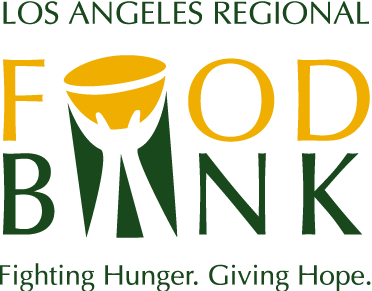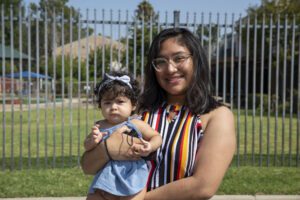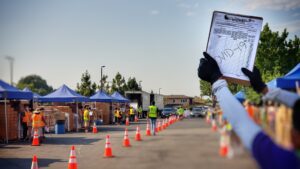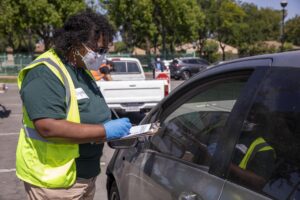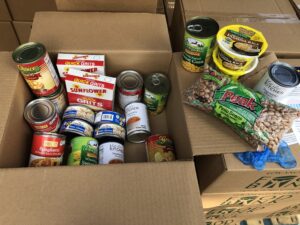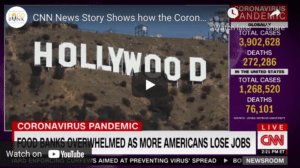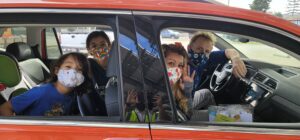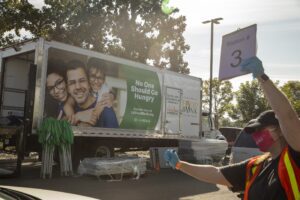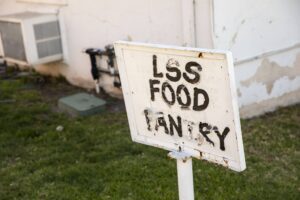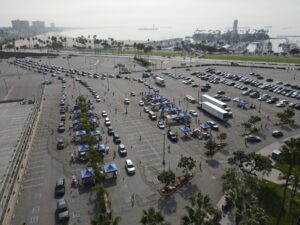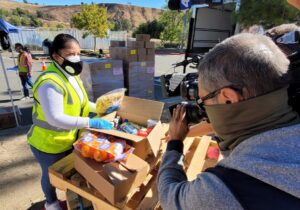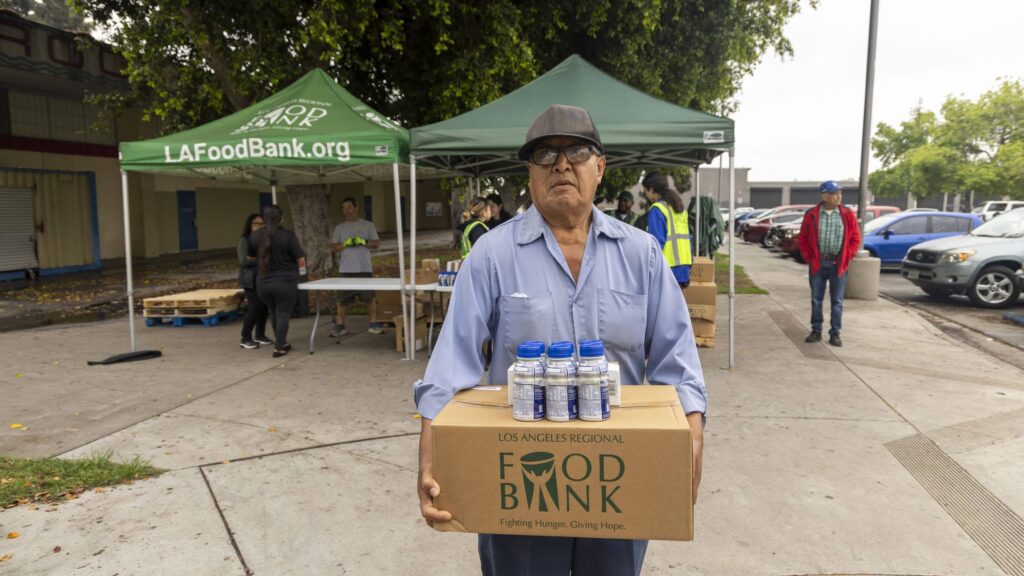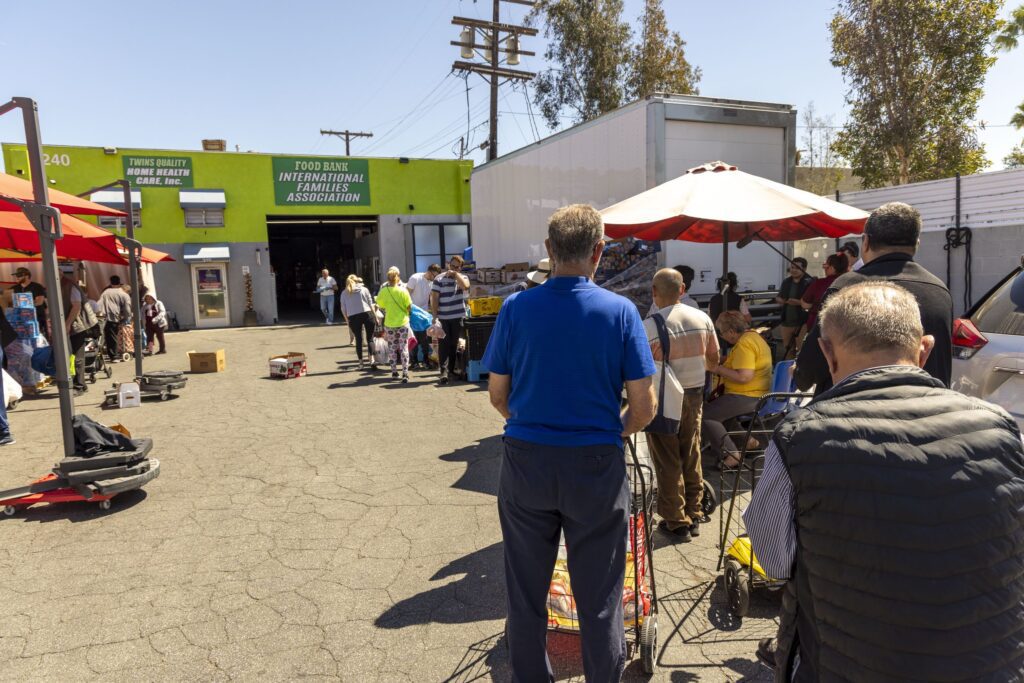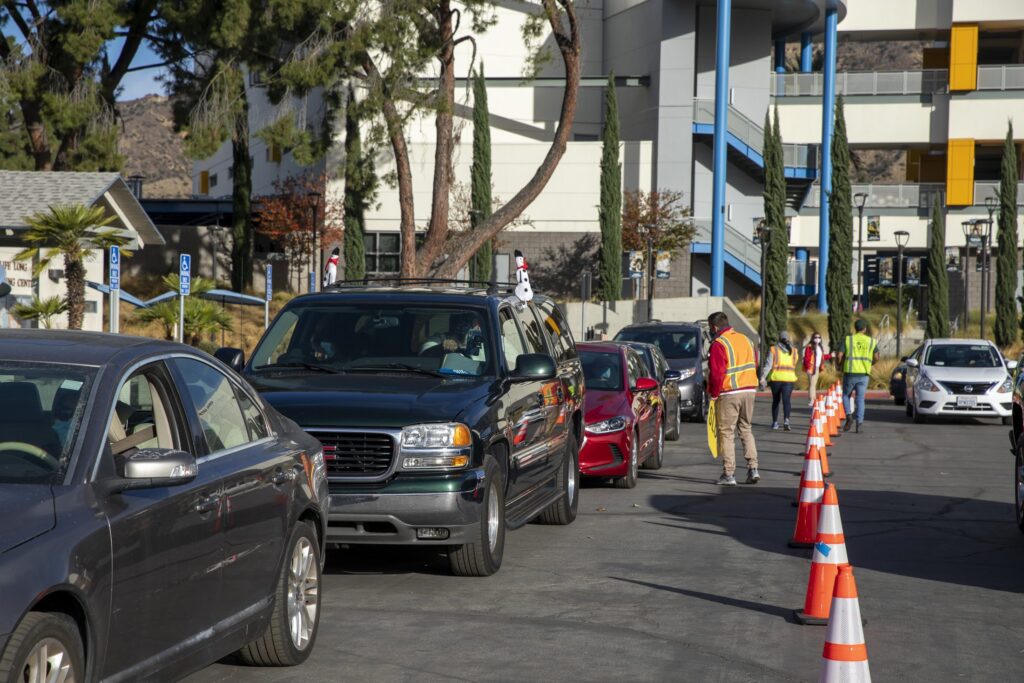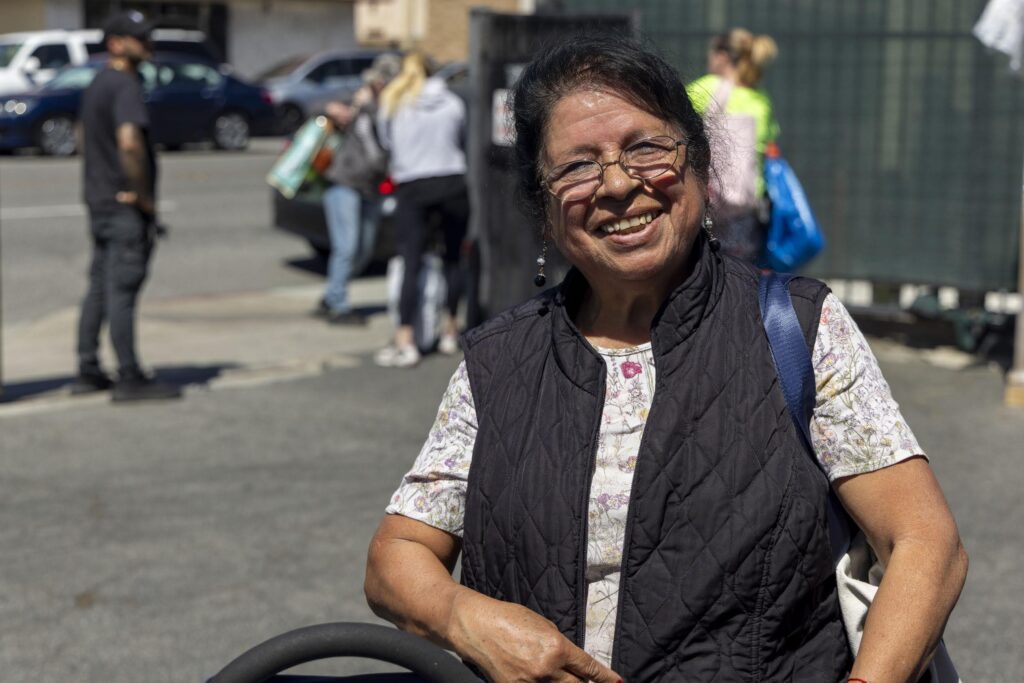10 Most Popular Food Bank Stories From 2021
10 Most Popular Food Bank Stories From 2021
LA Regional Food Bank Diaper Program
While most of the products distributed by the LA Regional Food Bank are food products, other essential items like diapers are provided. There are a reported 1 in 3 families who experience diaper needs. “Some families that we serve may be on the California implementation of the federal Supplemental Nutrition Assistance Program (formerly known as the Food Stamp program) which provides financial assistance for purchasing food to low-income California residents and may not be able to afford diapers or wipes,” shares Food Bank Sr. Director of Product Acquisitions and Agency Relations, Liz Cervantes.
This article briefly discusses the diaper gap within the communities we serve and breaks down a list of different partners who offer diaper assistance programs. The Food Bank is working on expanding the program within our agency network of over 700 non-profits throughout LA County. Due to the need, this article was the top blog post of 2021.
Executive Summary: The Impact of COVID-19 on Food Insecurity in Los Angeles County
As a result of the economic downturn tied to the pandemic, the growing food insecurity concerns in LA County were amplified. One of the top two articles of 2021 included an executive summary of a USC Dornsife report on the impact of COVID-19 on food insecurity in LA County, which revealed that between April and May of 2020, more than 1 in 4 residents experienced an instance of food insecurity.
10 Most Frequently Asked Food Bank Questions
The LA Regional Food Bank has been working to mobilize resources in the community to alleviate hunger since 1973. During the pandemic, the Food Bank and our partner agencies throughout the county saw families in need who were both, unfortunately, new and familiar with food insecurity. With the heightened demand during the pandemic, many individuals asked how to get or give help. The third top blog post of the year was our 10 Most Frequently Asked Food Bank Questions.
Some of the article covers questions such as:
- Do You Need To Apply or Register To Qualify for the Special COVID-19 Relief Drive-Through Distributions?
- What Comes in an Emergency Food Box?
- What Are the Different Ways to Donate?
Unboxing the LA Regional Food Bank Box
While many people may have become familiar with seeing LA Regional Food Bank boxes being loaded into parked cars at various mega drive-through distributions on the news, have you ever wondered what was inside one of those boxes? The next most visited blog post on this list is our Unboxing the LA Regional Food Bank Box article.
Throughout the article, Food Bank President and CEO Michael Flood and Sr. Director of Operations & Logistics Scott Newton walk us through different food kits. Food kits include fresh produce, protein, dry shelf-stable food products, and other food assistance resources such as CalFresh, WIC (Women, Infants and Children Program), and Older Adults Meal Program.
Executive Summary on Food Insecurity Impacting Various Income Brackets
Food insecurity has many faces, unfortunately. The fifth most viewed article was an executive summary based on USC Dornife’s Public Exchange research. The report revealed that 20% of households that faced food insecurity were not low-income households and reported a typical income of $60,000 per year or more.
The pandemic has shown us how vulnerable many working families in our community are to food insecurity. In this CNN story, two food recipients found themselves turning to food banks for the first time ever.
Food Recipients at Drive-Through Distributions
Thanks to the generosity of our community partners, volunteers and donors, the LA Regional Food Bank and our partner agency network have been able to provide food assistance to families in need. Before the pandemic, the Food Bank provided help to 300,000 adults, older adults and children through our partner agency network and direct distribution programs. The number of people served has increased and is estimated to be at more than 900,000 individuals served over the course of a month. Behind these numbers are stories and faces of who we are helping.
This family here initially resisted coming to food distributions knowing that others may need the food more, but after 8 months of reduced income, they felt they had no other choice. They wanted to give back, so they donated hand-sewn masks to be provided to those in need.
In this article, the Food Bank shows the different individuals who graciously share their stories and extend their gratitude for the support of their community.
2020 In Review
2020 was an unprecedented year for all of us. In 2020, the LA Regional Food Bank distributed 174.6 million pounds of food and product to our nearly 700 partner agencies and through Food Bank programs. The value of food and product distributed is estimated to be more than $280 million or enough food for 143 million meals.
In the article, we take a look at the different adjustments the Food Bank made to keep health and safety a priority and continue to provide food assistance to our families in need.
Difference Between a Food Bank and Food Pantry
Fighting hunger is a collaborative effort between many different organizations and partners in our community to address the growing need. One critical partnership in the fight against hunger is our relationship with food pantries. Most of the food and grocery product distributed is through a network of food pantries, soup kitchens, shelters, religious organizations that make up our Partner Agency Network.
In this blog post, we walk through the differences between a Food Pantry and a Food Bank and discuss the importance of how they go hand in hand as we combat hunger.
Economic Impact of the Virus on LA County
As we’ve reached the year threshold of the pandemic’s onset, the LA Regional Food Bank wrote an article to reflect and discuss the economic impact on our community. Much of the vibrancy that has become synonymous with LA came to a screeching halt in March 2020. With the local economy being hit hard with unemployment, the Food Bank and our partner agencies saw families often seeking food assistance for the first time.
With help from our community, the Food Bank and our partner agencies have been able to provide consistent food assistance throughout the pandemic and beyond
Food Insecurity Stories From 2020
Throughout the pandemic, there have been thousands of news and radio clips covering the work of the Food Bank and our partner agencies. The LA Regional Food Bank rounded up a few highlights from different news pieces that help tell the story of the Food Bank and the families we support.

